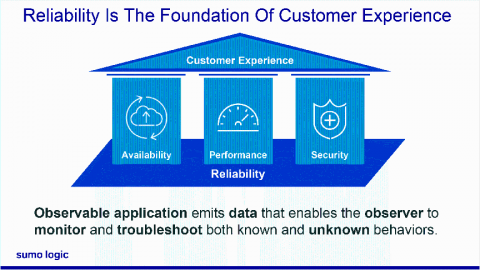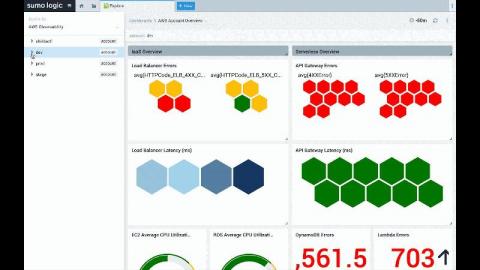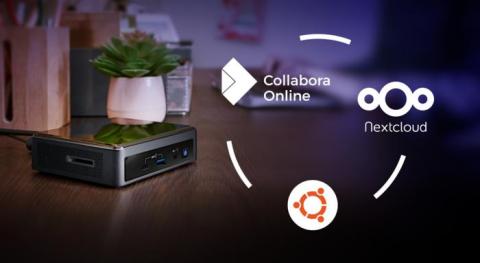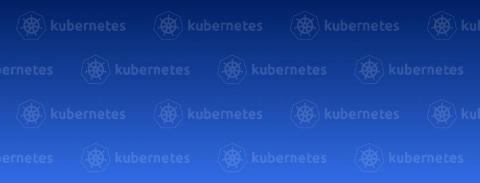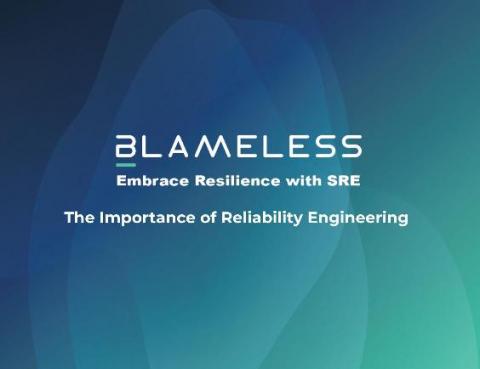Operations | Monitoring | ITSM | DevOps | Cloud
Latest Posts
AWS Observability: Designed specifically for AWS environments
Set up Collabora Online on the Nextcloud Ubuntu Appliance
Alongside five popular software projects, we recently launched a new initiative called Ubuntu Appliances. A portfolio of software that allows users to turn a Raspberry Pi or an Intel NUC into a secure, self-hosted device. The initial launch included the Nextcloud Ubuntu Appliance. An application that enables you to host your own cloud, on your own hardware. In this blog, we discuss the benefits of the Nextcloud Appliance, and the addition of Collabora Online for use on the Intel NUC.
Get More Done With Smart Collaboration Tool - Trello
While working on multiple projects, it is always a hassle to monitor the progress of your team members. Also, assigning tasks and tracking their status, keeping up with timelines, planning future tasks, etc. can sometimes get too messy. Tools like Trello emerge as one-stop solutions to such issues. In a world where people struggle to organize their tasks, Trello increases productivity while providing various ways to collaborate.
Logging Best Practices Part 5: Structured logging
Isn’t all logging pretty much the same? Logs appear by default, like magic, without any further intervention by teams other than simply starting a system… right? While logging may seem like simple magic, there’s a lot to consider. Logs don’t just automatically appear for all levels of your architecture, and any logs that do automatically appear probably don’t have all of the details that you need to successfully understand what a system is doing.
From Feeding Families to Empowering Students: How Data Is Fueling Amazing Outcomes During COVID-19
We’re living history. We’ve heard it uttered in everything from news reports to conversations with loved ones. And it’s true — the tragedy and uncertainty of COVID-19 is shaping history and policy as we know it. But there’s something else newsworthy, too. Amid the pandemic, we’ve seen beacons of hope, humanity and progress. People have banded together to solve monumental problems at record pace.
Google Blacklisting: What It Is & How to Avoid It
Every process on the net is a logical journey, including the Google blacklist – even when it’s done in error. Nothing kills profits like losing your web traffic; so here’s all you need to know about blacklists, how to avoid them, and – if your site is branded with a red warning banner – how to get off them.
An Introduction to Kubernetes DaemonSets
Kubernetes has a lot of features and deployment options for running containers. One of these is the DaemonSet. In this blog post, we’ll discuss what a DaemonSet is, what it can be used for, and how to create and update them.
AppSignal Now Automatically Instruments Apollo for Node.js Applications
We’re happy to announce a new version of AppSignal for Node.js, and support for instrumenting Apollo Server v2+. This means that we’ll save you more some time, and perform more automatic instrumentation for you.


